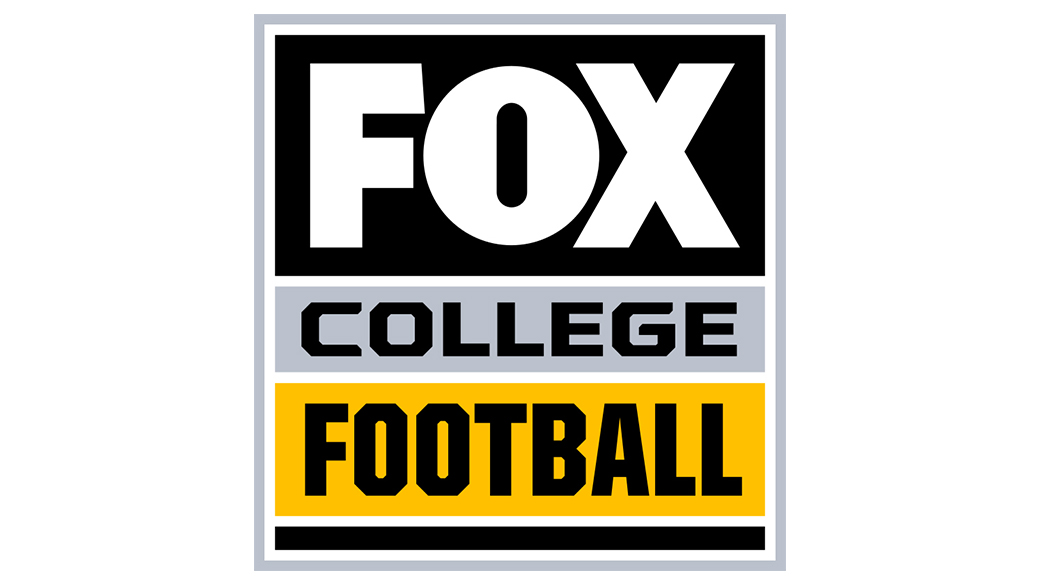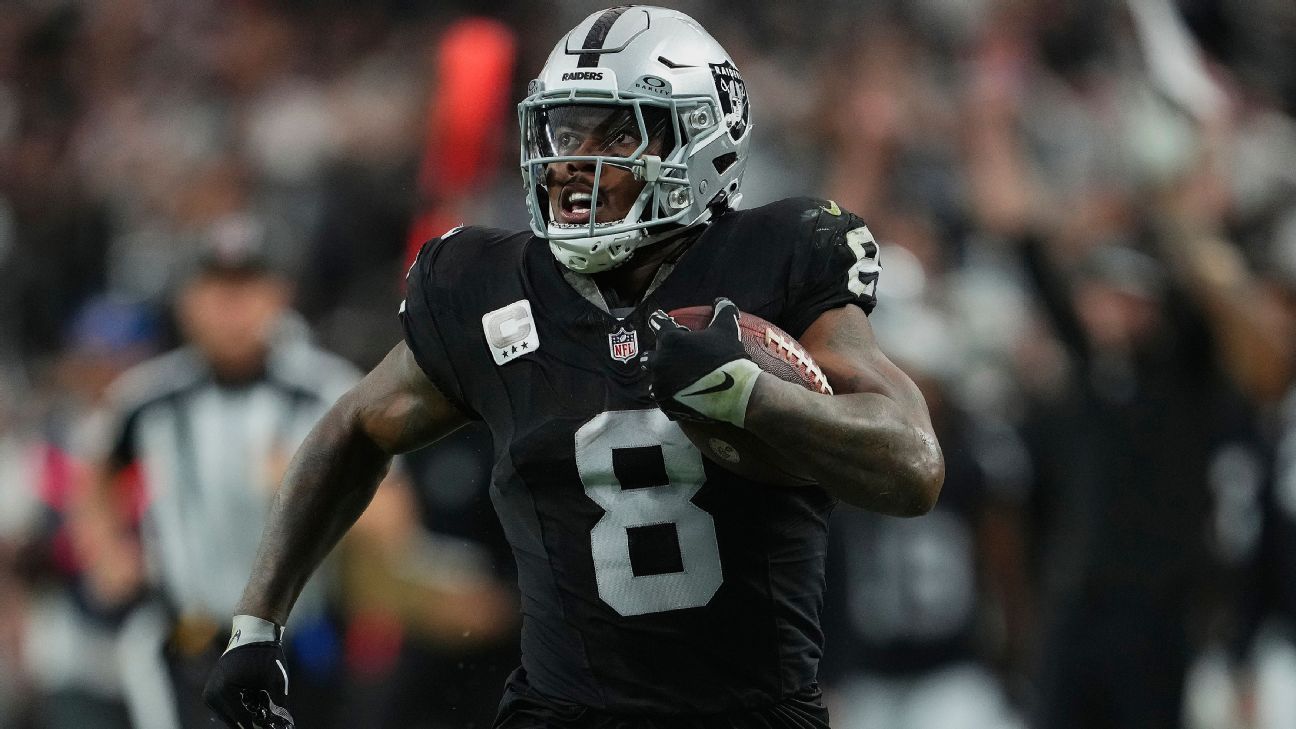The story was told to me over 30 years ago in a small Southeast Texas church, where I joined regular folk and former NFL stars at the funeral of Willie Ray Smith Sr. The legendary Texas high school football coach, it was said, had for a decade refused to let his players go to White Southern college football teams after they acceded to suit up Black players. Instead, he continued to steer his best players north, particularly to Michigan State, where his middle son, future NFL Pro Bowl defensive lineman and actor Bubba, helped the Spartans win a national championship.
It was a protest born as a sort of athletic underground railroad, as sportswriter Tom Shanahan
accurately described it, referencing the escape route north for enslaved Africans in the antebellum South. Because for more than a generation in which Smith coached, those Southern White schools for which his sons and the sons of other Black families dreamed of playing didn’t believe in diversity, equity or inclusion.
It was as if such policies of fairness were “toxic” and had “no place” in the South’s public universities.
Which over half a century later, if you can believe it, is how Florida Gov. Ron DeSantis (R)
described diversity, equity and inclusion efforts. This was after the University of Florida announced last week the sacking of all things DEI, something for which the reactionary governor has been clamoring.
“I’m glad that Florida was the first state to eliminate DEI,” DeSantis wrote last week, “and I hope more states follow suit.”
http://www.washingtonpost.com/sport...c_magnet-kevinblackistone_inline_collection_1
http://www.washingtonpost.com/sport...c_magnet-kevinblackistone_inline_collection_2
http://www.washingtonpost.com/sport...c_magnet-kevinblackistone_inline_collection_3
http://www.washingtonpost.com/sport..._magnet-kevinblackistone_inline_collection_20
It was enough to spur Emmitt Smith, the Pro Football Hall of Fame running back who is arguably the greatest football player in the history of Florida’s flagship institution of higher learning,
to respond to DeSantis that he was “ … utterly disgusted by UF’s decision and the precedent that it sets. … We cannot continue to believe and trust that a team of leaders all made up of the same background will make the right decision when it comes to equality and diversity. History has already proved that is not the case. We need diverse thinking and backgrounds to enhance our University and the DEI department is necessary to accomplish those goals. …
“To the MANY minority athletes at UF,” Smith continued, “please be aware and vocal about this decision by the University who is now closing doors on other minorities without any oversight.”
Smith, who I’ve never known as a particularly remonstrative person, didn’t conclude with a plan of action. But his message alluded to one. The same one that Willie Ray Smith Sr. took against such intolerant action decades ago.
Black coaches like him, and every Black parent or guardian of a Black college football or basketball recruit, can let wishful college coaches know that those boys-to-men aren’t going to work — which is what playing college sports is — at places where people of color, women and other marginalized folks are not otherwise supported.
Young Black athletes can go elsewhere, rather than to those Southern state universities that are moving to mimic the days they refused Willie Ray Smith Sr.’s graduates. The same goes for Northern states that are implementing policies no different. And then, let any governor or state legislative body defend their retrograde decision-making to coaches who start losing recruits and to university officials who witness waning revenue as a result. The NAACP on Monday even suggested Black college athletes consider boycotting predominantly White schools in Florida.
After all, Florida’s athletic department made more than $190 million during its 2022 fiscal year, the most-recent public financial reporting period detailed by an annual USA Today Sports analysis of the most lucrative college athletic programs. Only seven schools earned more.
In the previous two fiscal years, football accounted for 47 percent and 53 percent of annual athletic revenue,
according to the school, while men’s basketball comprised 10 percent and 7 percent, respectively.
And who disproportionately predominated Florida’s football and basketball rosters? Young Black men. In fact, when USC professor Shawn Harper last updated his study of Black male athletes at Power Five conferences in
2018, he found that Black male athletes were more overrepresented at Florida than any other school. “Black men were 2.2% of undergraduates at Florida,” he found, “but comprised 77.7% of football and men’s basketball teams.”
In short, Florida didn’t really have much use for young Black men unless they were playing revenue-generating sports. It’s safe to say not much has changed.
Florida isn’t alone in this discrepancy of dependency on young Black men. But those Southern schools that for so long dismissed Willie Ray Smith Sr.’s players — especially those in the Black belt South that team up with Florida to make the Southeastern Conference — lead the way. Smith was a head coach at three segregated Texas high schools, most famously Charlton-Pollard in Beaumont from 1957 to 1975. Smith won 235 games, won state championships and sent
more than 20 players to the pros on his railroad out of the South. But schools like the University of Texas, where Bubba longed to play, weren’t having Black players then. DeSantis’s equally reactionary gubernatorial peer, Texas Gov. Greg Abbott (R), last summer
signed into law a bill similar to Florida’s, outlawing DEI at Texas colleges and universities.
The impact that parents and guardians of Black recruits could have on state schools so dependent upon the labor of their kids by avoiding places with regressive racial rules like DeSantis’s Florida would be immeasurable. It’d be like the opening scene that makes for one of my favorite plays, Douglas Turner Ward’s brilliant satire on Southern racism, “Day of Absence,” from 1965, just about the time Southern schools started wising up to the benefits of no longer discriminating against Black athletes. A stereotypical Southern town of the time wakes up to find that all its Black folks have disappeared. Chaos ensues. There’s no one to take care of the babies, cook the food, wash the clothes. The town is paralyzed without its Black labor force.
That’s the kind of pain young Black men could affect on states and schools threatening to turn back the clock. Just find Willie Ray Smith Sr.’s footsteps, and walk in them.










